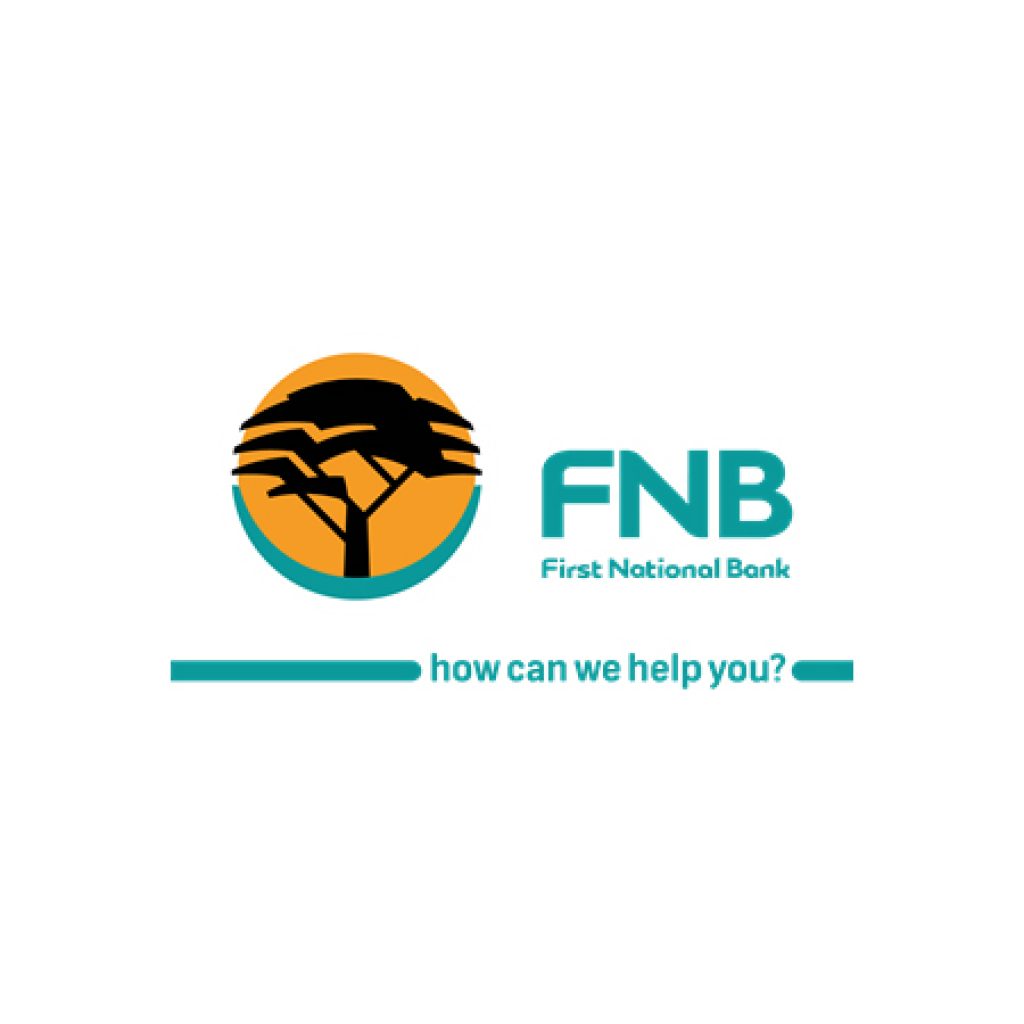The first of March 2021 ushered in a new tax year for South Africans, which means it’s a good time to invest some time and thought into how you put in place a well-considered money management plan for the coming 12 months.
According to Aneesa Razack, CEO of Share Investing at FNB Wealth and Investment, a tax-free account can, and should, be one of the cornerstones of any such balanced financial plan. In fact, a tax free savings account, unit trust or shares account can be an excellent way to grow your money through inflation-beating returns, or even to start a child on their own journey to financial independence by opening, and contributing to, a tax-free savings account in their name (which won’t affect your own maximum saving threshold).

However, she says that since these accounts were introduced by the SA Treasury in 2015, few South Africans have taken full advantage of them. She argues that the reason for this is that many of us still don’t fully understand how they work, or which options will work best for us.
“In essence, a tax-free account is fairly simple as it allows you to save or invest up to R36 000 per year, and R500 000 over your lifetime,” she explains, “which will then earn you interest or investment growth without you having to pay any tax on that growth when you eventually access your money.”
But Razack explains that while most people have a basic understanding of how a tax-free account works, they don’t know whether they should be using a tax-free savings account or tax-free shares account as an investment vehicle. And while the differences between these options are subtle, understanding the structure and benefits of each is important to ensure you choose the right tax-free account for your purposes.
As with any savings and investment vehicles, the main difference between a tax-free savings account, tax-free investment account and a tax-free shares account is the way each grows your money. A tax-free savings account offers a set interest growth rate, which is usually linked to the prime rate,” she explains,” and while this can be lower than the growth you may achieve in an investment account, the trade-off is that your earnings are usually guaranteed irrespective of what’s happening in the markets, and if you use a reputable institution, your capital is generally 100% safe.”
A tax-free investment account allows you to invest in a range of unit trusts like the FNB Horizon series which are designed to meet your goals over different time horizons. While a tax-free shares account invests your money in a portfolio made up of companies listed on the stock exchange. An example of this is the FNB Tax-Free Shares Account, which invests your capital in the top 100 companies listed on the JSE. “This means that the growth potential of your money is enhanced because it is exposed to good performance by the investment markets,” Razack says, “but there is also a risk that the markets do badly and your money grows very little, or not at all, over certain periods.”
Irrespective of which type of tax-free account you choose – and recognising that you could even use a combination of the two – Razack recommends being very aware of what she calls the three golden rules of tax-free saving or investing. The first of these is to make sure that you don’t contribute too much to the account. “If you put more than the permitted R36 000 into tax free accounts in one year, any interest or investment growth that you make on that extra amount will be taxed at 40% from then on by SARS,” she explains, “irrespective of what you tax bracket is.”
Razack’s second rule of tax-free saving is to never give into the temptation of using it as an emergency account. “A tax-free account should be seen as a long-term investment because the R500 000 lifetime contribution limit doesn’t reset if you make a withdrawal,” she explains, “so if you withdraw R50 000 you can’t simply replace it at a later stage, so your eventual tax free capital amount will be R450 000 because of that withdrawal, and that is the amount that you will earn your future tax free growth on.”
Lastly, Razack emphasises the importance of choosing the right tax-free vehicle, and provider, to meet your needs. There are a host of tax-free account options on the market, all making different promises, about costs and returns, but the ultimate decisions of where to put your money rests with you,” she says, “and that means you need to be very sure of what you want to achieve, what the best type of account is by which to achieve it, and which financial institution you can trust 100% to help you do so.”
INFO SUPPLIED.

